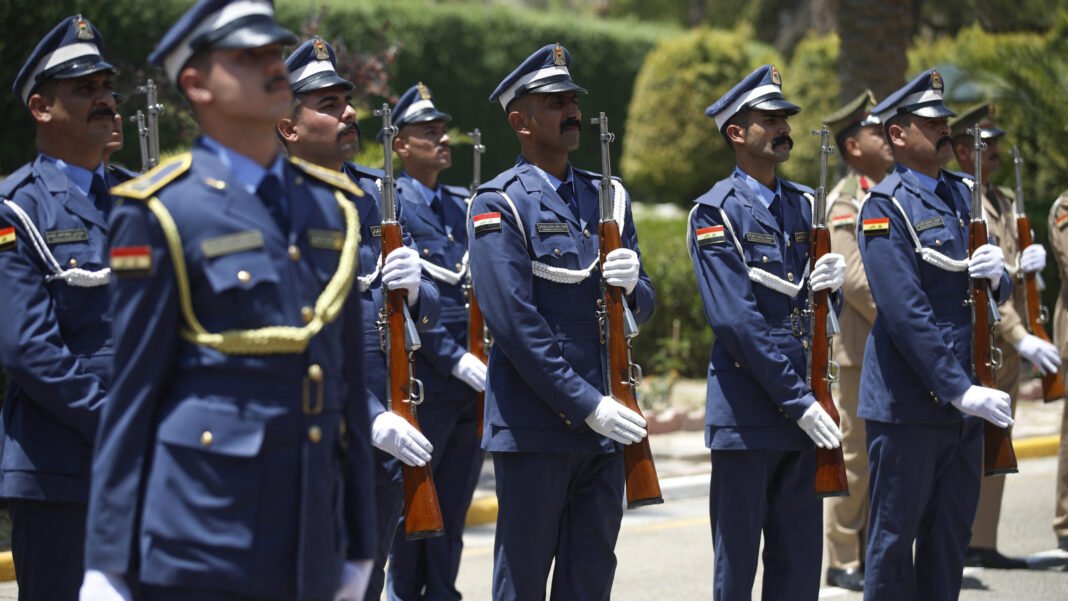Baghdad – Iraq’s armament strategy is shifting significantly to prioritize protecting national sovereignty and ensuring independent military decisions. Yasser Watout, a member of the parliamentary Security and Defense Committee, highlighted this transformation in a recent interview.
He explained that Iraq’s armament strategy is evolving due to growing political and popular demands. The new plan aims to build a defense system that supports Iraq’s autonomy and safeguards its national security.
Watout revealed that Iraq will implement key defense contracts throughout 2025. The focus will lie on upgrading air defense, air force capabilities, and army aviation. To achieve this, Iraq is finalizing deals with foreign defense companies to supply advanced weapon systems.
Significantly, South Korea will provide modern weapons this year, especially in air defense. Watout mentioned that the government, under direct supervision from the prime minister, pushes to modernize these sectors. This includes allocating the necessary funds to achieve these goals effectively.
He stressed that enhancing Iraq’s defense abilities remains a national priority. It demonstrates the state’s commitment to a comprehensive deterrent system that can respond to regional security challenges.
In September 2024, Iraq signed a $2.8 billion deal with South Korea’s LIG Nex1. This contract includes the Cheongung-II medium-range surface-to-air missile systems. These systems can intercept both aircraft and incoming missiles. The first batch is expected to arrive soon, as confirmed by Iraq’s defense minister in June.
This push to modernize follows incidents that revealed Iraq’s defense vulnerabilities. For instance, in April, Baghdad protested to the UN Security Council. Israeli aircraft allegedly used Iraqi airspace to attack Iran, violating Iraq’s sovereignty. Iraqi officials urged the U.S. to prevent such incursions.
More recently, on June 24, drone attacks targeted Iraqi radar systems at Camp Taji and Imam Ali Air Base. The attacks damaged military infrastructure but caused no casualties. Prime Minister Mohammed Shia al-Sudani condemned these “cowardly and treacherous” strikes. He ordered a thorough investigation to identify those responsible.
In conclusion, Iraq’s armament strategy focuses on protecting sovereignty through military modernization. The government’s efforts aim to build a defense system capable of facing regional threats independently.



